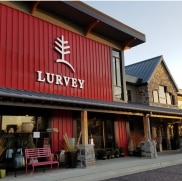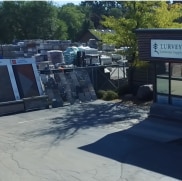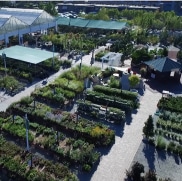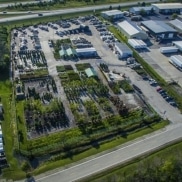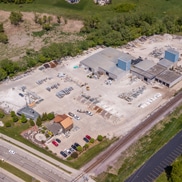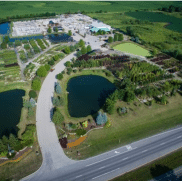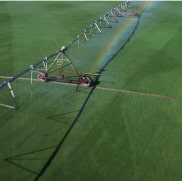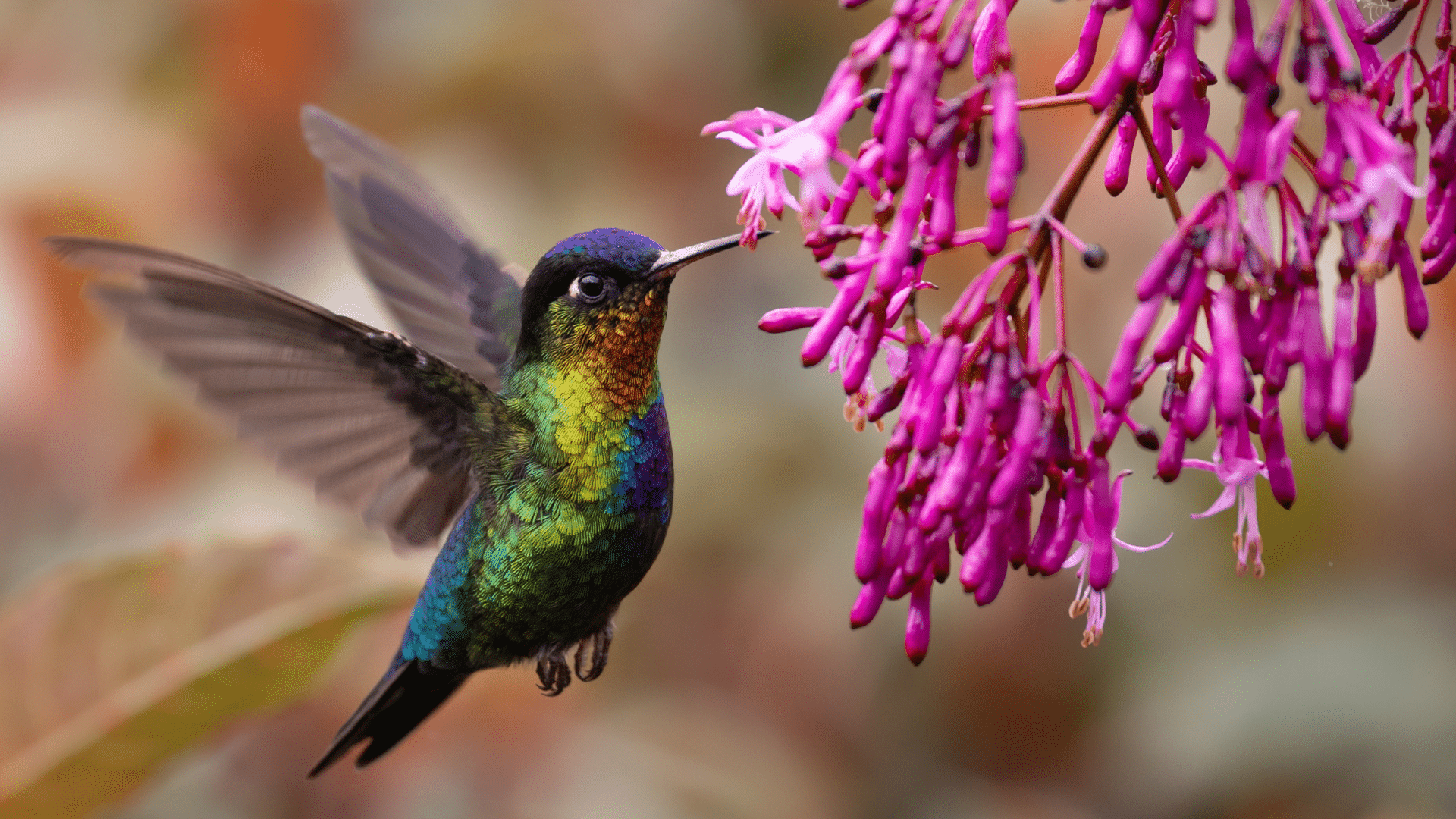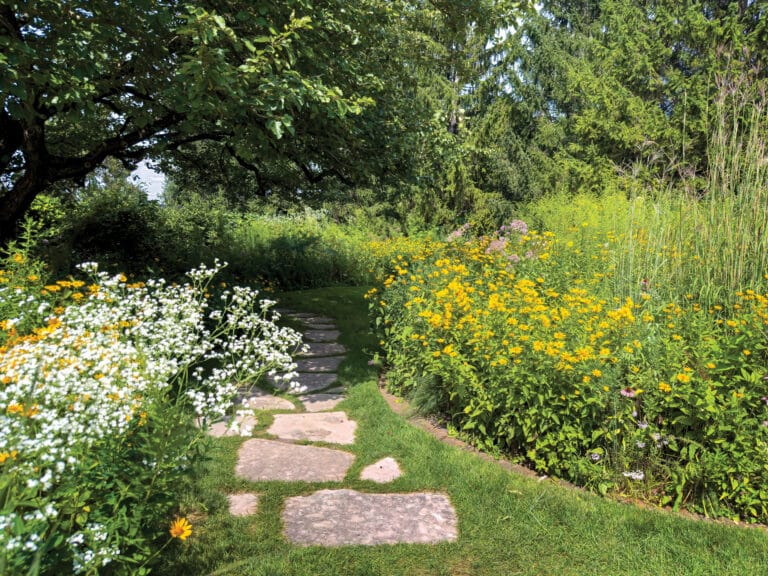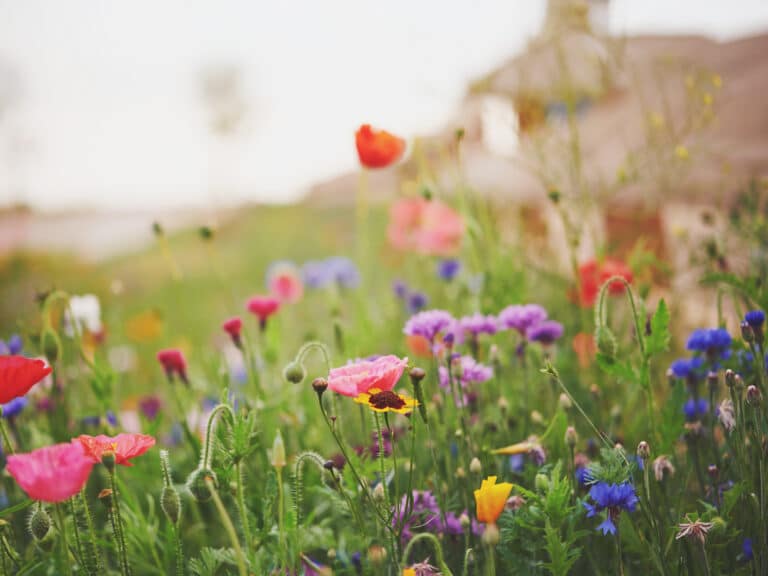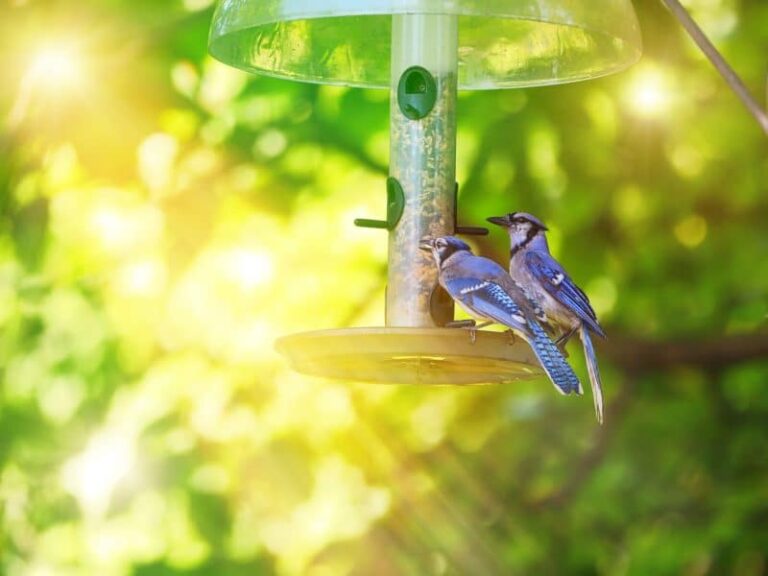Flowers bring so much joy to our lives, whether they are blooming in our backyard or community gardens.
By growing native plants, we not only enhance the beauty around us but also provide vital habitats for wildlife, particularly for pollinators. You’d be surprised how much of a positive impact even a small garden can have. Pollinators play a crucial role in fertilizing plants. Insects, bats, hummingbirds, rodents, and even humans can act as pollinators. Approximately 85 percent of plants rely on pollinators to produce seeds. In Illinois, the ruby-throated hummingbird and various other insects are important pollinators.
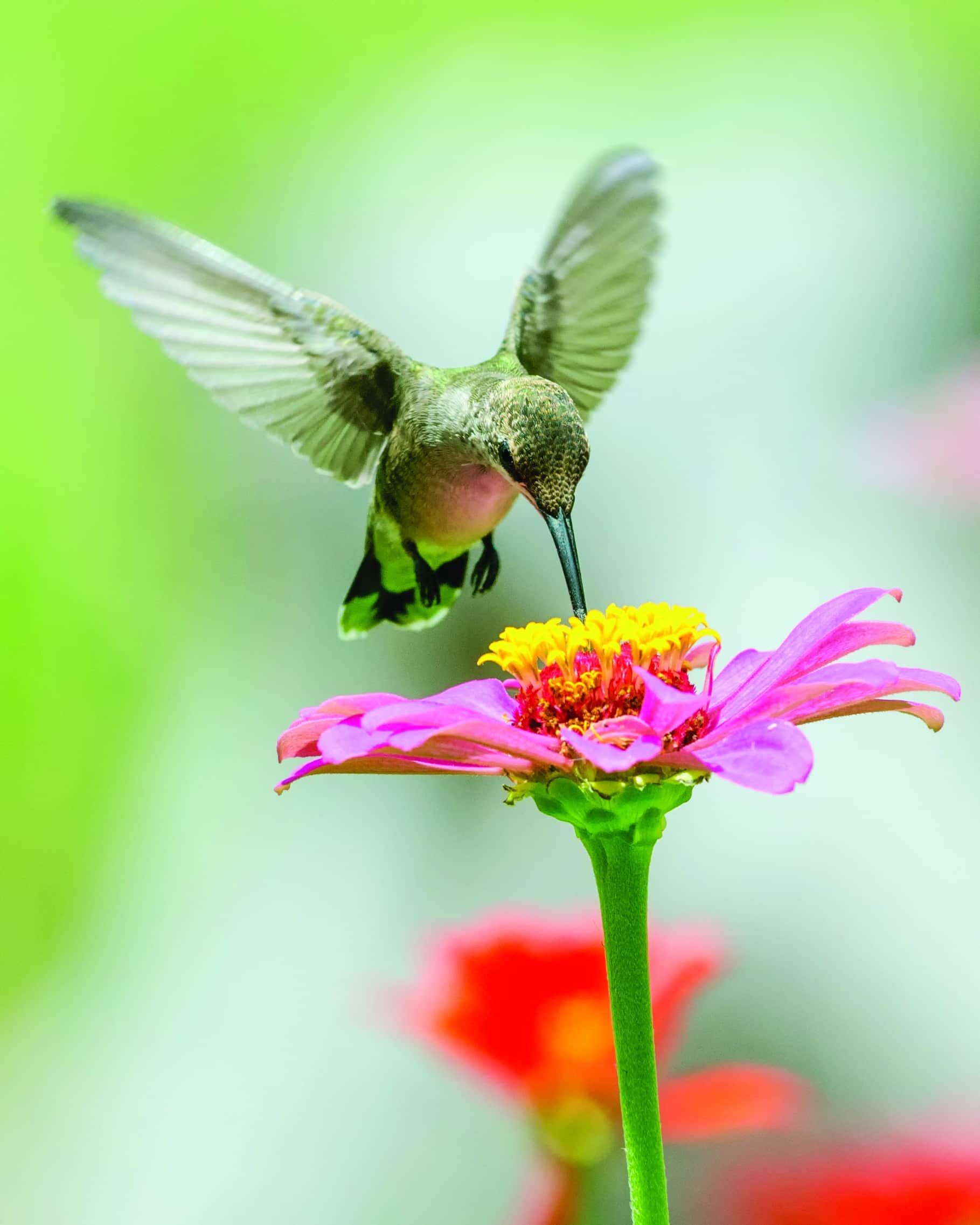
Animals do not intentionally pollinate plants. They are simply attracted to the sweet nectar and pollen, which they use to feed themselves or their young. As they move from flower to flower, some pollen may inadvertently stick to them and get transferred to female flower structures.
Pollinators play a vital role in the ecosystem by benefiting both native plants and agricultural crops. Thanks to their efforts, we can enjoy a variety of delicious food on our plates. Studies estimate that every third bite of food we consume is made possible by the hard work of pollinators. It’s not just food that they help provide, but also the ingredients for our favorite beverages. Additionally, the plants that pollinators assist give us essential resources like fibers, oils, medicines, and various other products we rely on in our daily lives.
The Decline of Pollinators
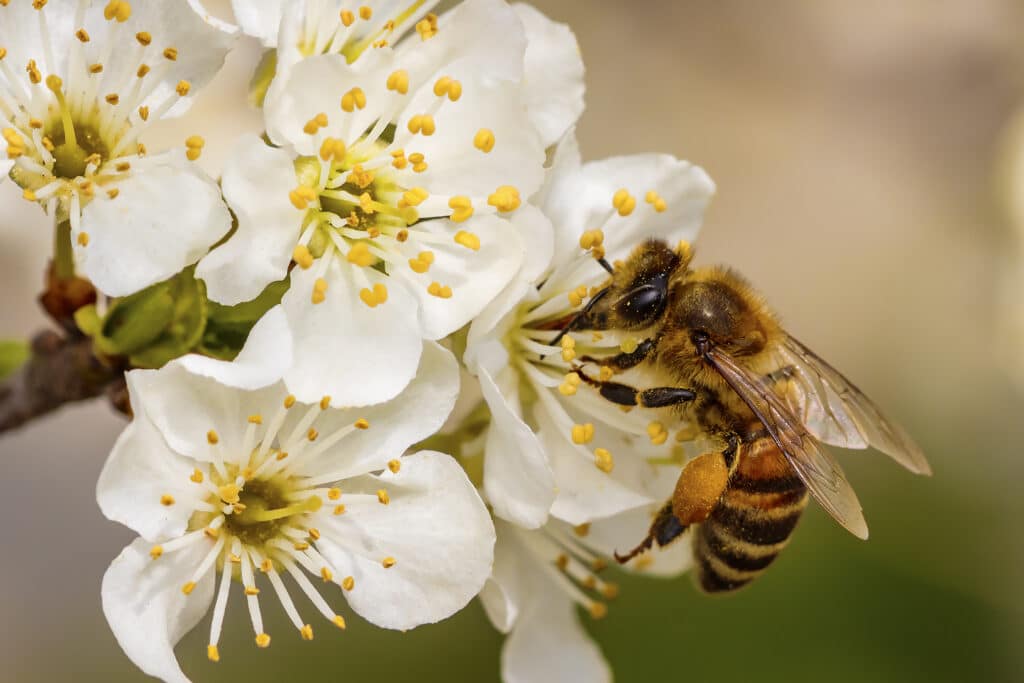
Pollinators are facing a decline, not just in Illinois, but across the globe. The loss of their habitats, the use of pesticides, mites, competition from nonnative species, and diseases are all contributing to the decline of these important creatures.
Let’s take bumblebees as an illustration. For their life cycle to unfold, they rely on three distinct habitats. Firstly, they need a proper nesting area, which could be an empty burrow left by a rodent. Secondly, they require a place to survive the winter, such as mulch or decaying logs. Lastly, they greatly depend on an ample supply of native wildflowers for nourishment from spring to fall. If any of these essential conditions cannot be fulfilled, the bumble bees must either relocate to a more suitable spot, adapt to a less favorable habitat, or face unfortunate consequences.
Here are some things you can do to help pollinators!
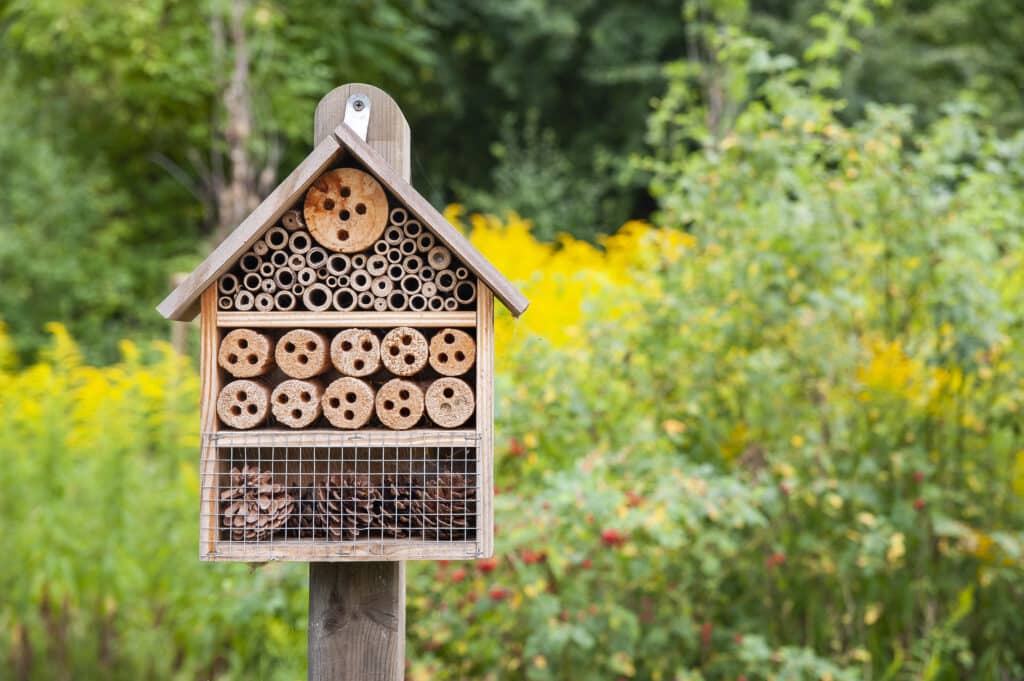
- Plant a variety of native plants that offer pollen and nectar from the beginning of spring to the end of fall.
- Invite them in! Hang a bee nesting house on your tree, and a hummingbird feeder too!
- Adjust your mower to cut the grass at a taller height. Allow dandelions and clover to bloom in the spring to support pollinators that are out early.
- Only resort to chemicals when necessary and opt for the least harmful options available.
- You can get involved in citizen science initiatives that aim to monitor pollinator populations, like the BeeSpotter program offered by the University of Illinois.
- Remember to keep dead plant materials, such as stems and seed heads, in your garden over the winter season.
- Buy organic and locally produced food.
Lurvey Resources
For more help and answers to additional questions visit Lurvey Garden Center in Des Plaines for valuable guidance on which perennials to plant in specific areas to enhance pollinator habitats. While you are here check out our Native Plant Table, full of local natives grown right here in Illinois.
